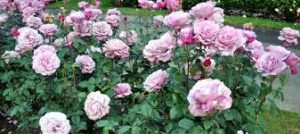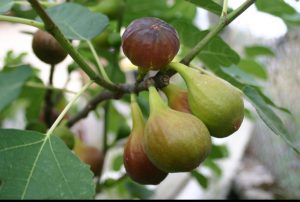Initiatives to improve horticulture output and marketing links of local farmers with local and foreign firms have been launched in Malakand division under the provincial reconstruction, rehabilitation and settlement programme.
The area, especially Swat, produces quality vegetables and fruits. It accounts for 34 per cent of plums, 95 per cent of walnuts and 82 per cent of provincial apple yield.
It also accounts for 64 and over 50 per cent of the provincial production of vegetables and fruits respectively. But farmers do not fully benefit from their crops for lack of finances, expertise and marketing linkages.
Shakil Qadir Khan, Director General of Parrsa, said his organisation was trying to help improve quality and value addition, standardise packaging and create modern marketing practices for the produce.
“We are not only providing advice, cash and in kind support to develop quality of indigenous fruits and vegetables but also helping growers find new markets for their products by creating liaison between them and local and multinational companies,” he said.
Last year, Pepsi-Cola Pakistan made a potato purchase deal of 350 tons with Swat farmers. But because of the devastating floods and resultant losses to potato crop and damage to communication network, the company could lift only 35 tons of the crop and that too by helicopters. Once linkages are established, these will be promoted and extended to other crops creating opportunities for modernisation of agriculture and increasing income of local farmers considerably.”
Khan said another $12 million package for agriculture was to be launched soon. “We have also approached various local firms and multinationals for the purchase of Swat apples, peaches, and apricots. If they agree, they are welcome. If they disapprove, we would request them to come and guide local farmers to produce quality fruits acceptable to them. We would provide them financial support for the purpose. The companies can send their experts for development of horticulture.
This will be a public-private partnership financed by Parrsa. Norway has expressed its desire to purchase local peaches but the fruit will have to be ISO certified.
Apple growers and market men were encouraged to shift to attractive paper-packaging instead wooden crates. The application improved sales tremendously,” Khan said.
Citing another intervention, he said, Swat produced approximately 60 tons of trout fish in its 22 farms which was mostly consumed locally. Last July`s floods ravaged most of these hatcheries.
“Parrsa plans to provide marketing support to fish hatcheries to sell their produce to big food-chain restaurants both within and without the country. Trout decomposes fast when taken out of water. However, there are means to keep the fish fresh and transport it to farthest areas without fear of decomposition. Using the required technology and giving a new brand name like Swat/Kalam trout to the species in the market, the number of hatcheries in Swat could be increased to 200 in a year`s time,” he hoped.
In the first phase, Parrsa would arrange for the technology and provide information and financial support to fish farmers. “Later they would manage it themselves. If farmers are introduced to new technology, services and strategies and they know their utility, they would manage it next year themselves.”( from www.Dawn.com)







